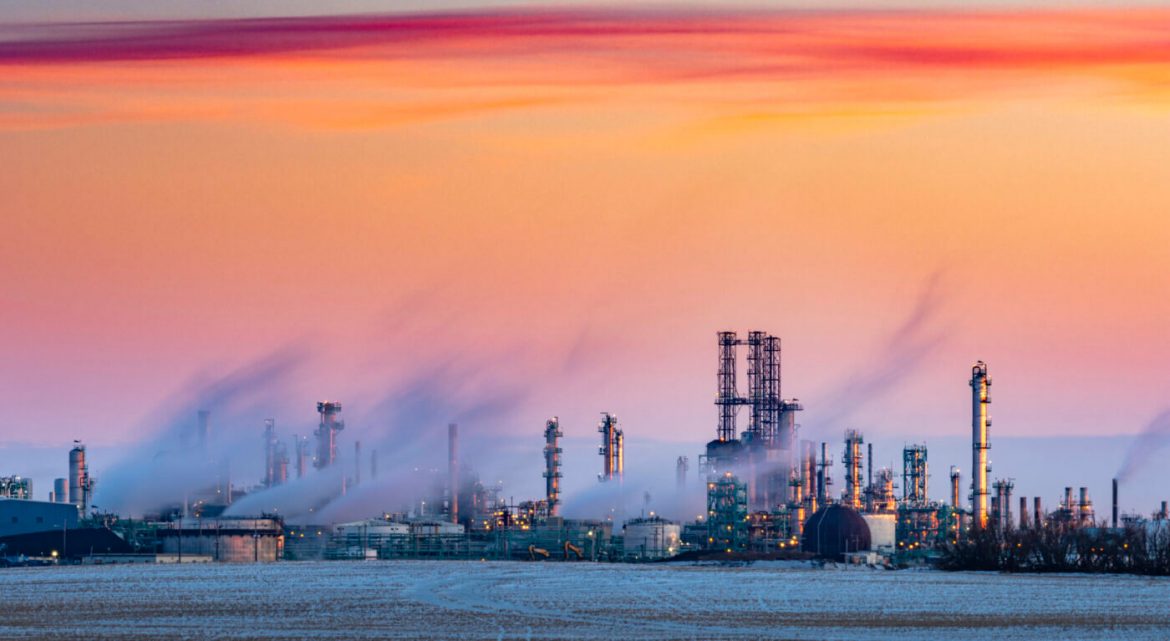The Government of Canada has proposed new oil and gas standards that will see it reduce methane emissions from its oil and gas sector — including comprehensive leak detection and repair and a ban on venting.
The government will also provide $30 million towards a Center of Excellence that will improve monitoring, reporting and verification, as well as Canada’s national inventories. The new methane regulations come during COP28 in Dubai, where countries are expected to report progress to reduce methane emissions as part of the Global Methane Pledge.
According to reports, the latest proposal builds upon Canada’s regulatory framework released last year, updates Canada 2019 regulations, and demonstrates significant methane reduction action on a global scale.
“We are pleased to see the next step in Canada’s promise to reduce methane emissions from its oil and gas sector,” said Jonathan Banks, Global Director of Methane Pollution Prevention at Clean Air Task Force. “When Canada made a commitment to a 75% reduction by 2030 at COP27, it took a step toward establishing itself as a global leader in methane mitigation. This proposal, when finalized, will give teeth to that commitment.”
Canada’s regulation, as proposed, would set a new bar for leak detection and repair (LDAR) in the oil and gas industry. The country’s regulation also proposes a ban on venting, including from equipment like pneumatic devices, and a new requirement to reduce flaring of associated gas.
Read also: Lagos targets 45% reduction in methane pollution by 2035
The regulation also includes a performance standard which operators can opt into as an alternative to the requirements described for venting and fugitive emission. These rules would go into effect by 2027 to meet Canada’s methane goals for the oil and gas sector.
“Reducing methane emissions is one of the best strategies we have available to slow global warming in the near term,” Banks said. “We look forward to providing feedback during the consultation process on how Canada can improve its proposal to ensure it will finalize a strong rule that lives up to its COP27 promise. Doing so would set an even higher bar for other countries to reach as we work to cut methane emissions on a global scale.”
In Canada, the oil and gas sectors are the largest source of methane and other greenhouse gas emissions. Methane pollution warms the planet more than 80 times more than carbon dioxide over its first 20 years in the atmosphere and is responsible for about half a degree Celsius of global warming so far.
Story was adapted from Clean Air Task Force.
